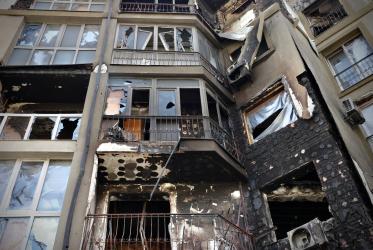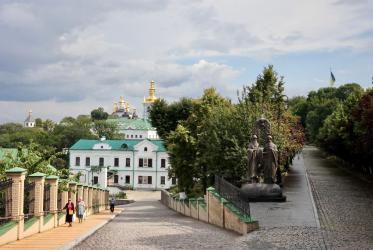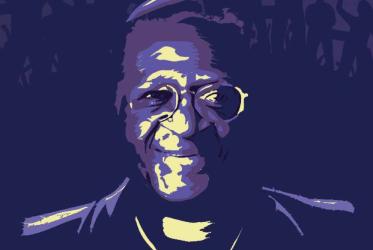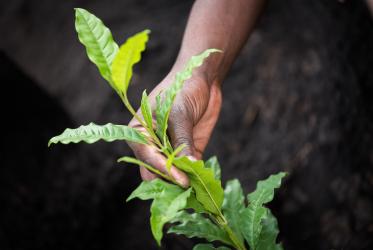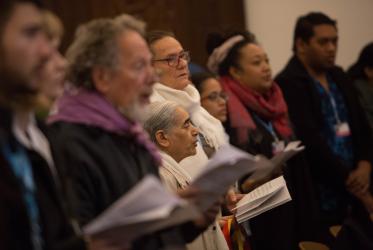Displaying 1 - 20 of 38
Tutu’s legacy: A Zoom panel celebrating “the Arch”
03 February 2022
“Gathering in Grief” mourns Rev. Phumzile Mabizela
07 July 2021
South Sudan Church leaders welcome new cabinet
15 March 2020
Faith groups at COP24 advocate for just transitions
05 December 2018

